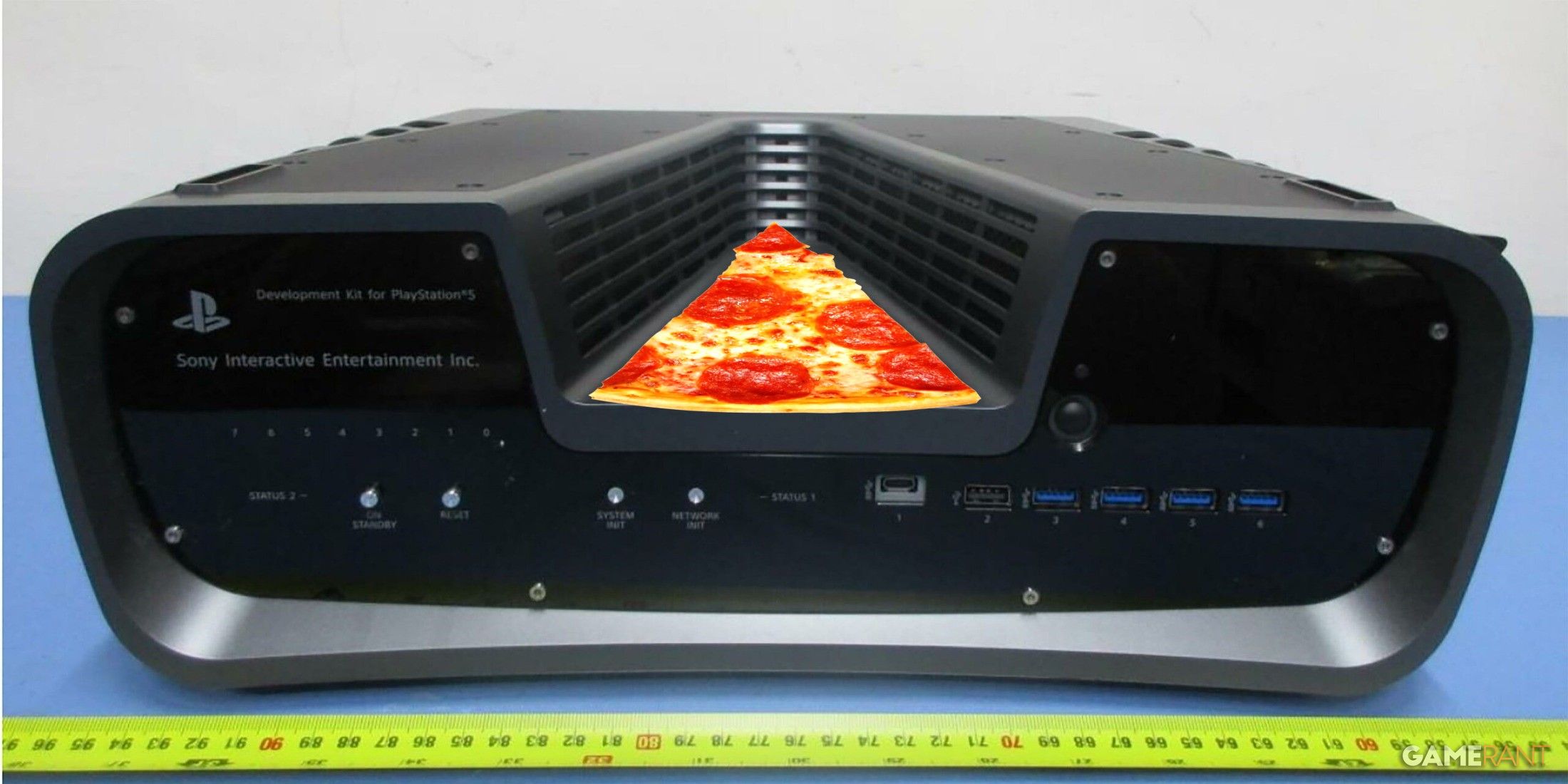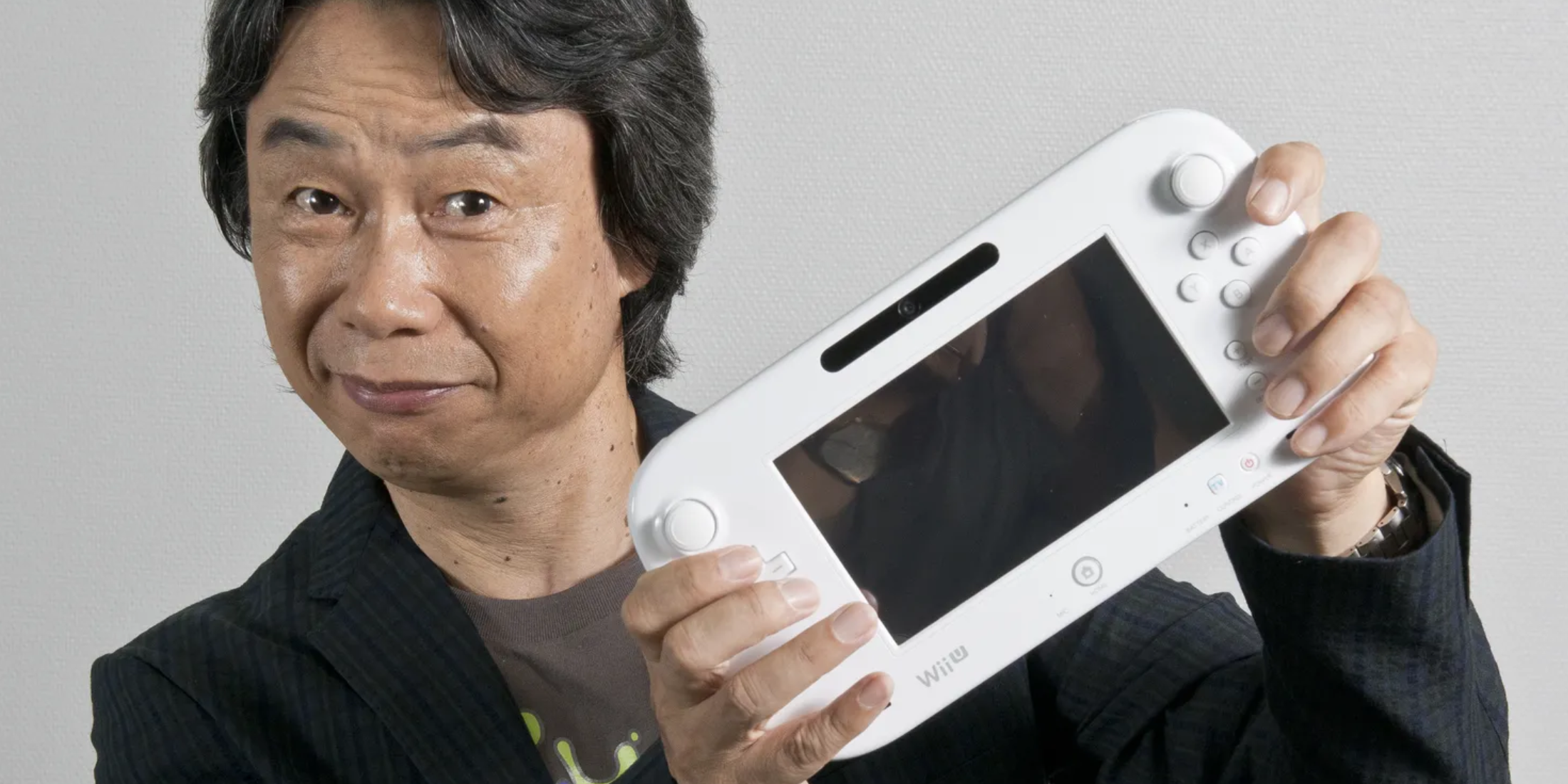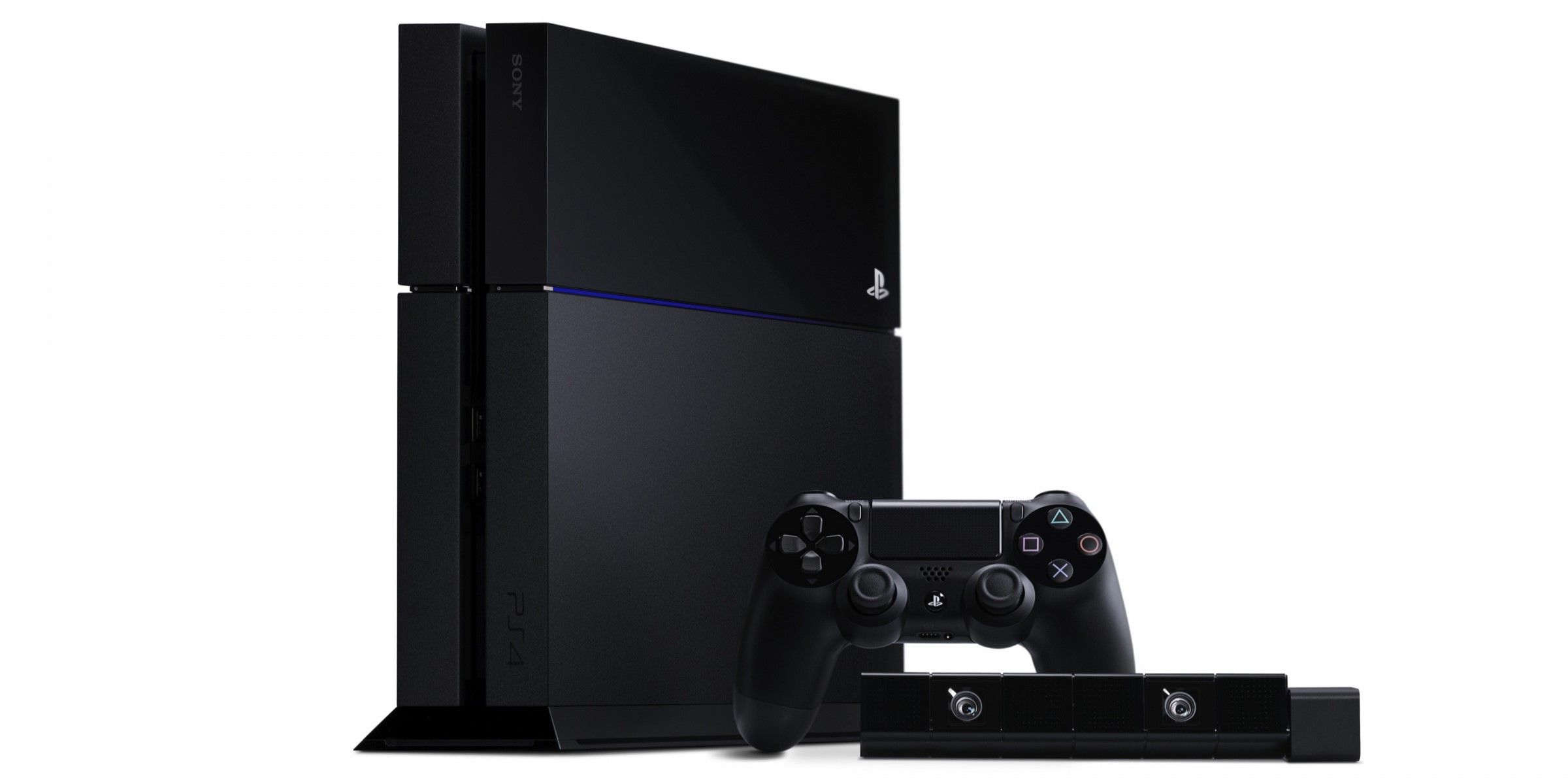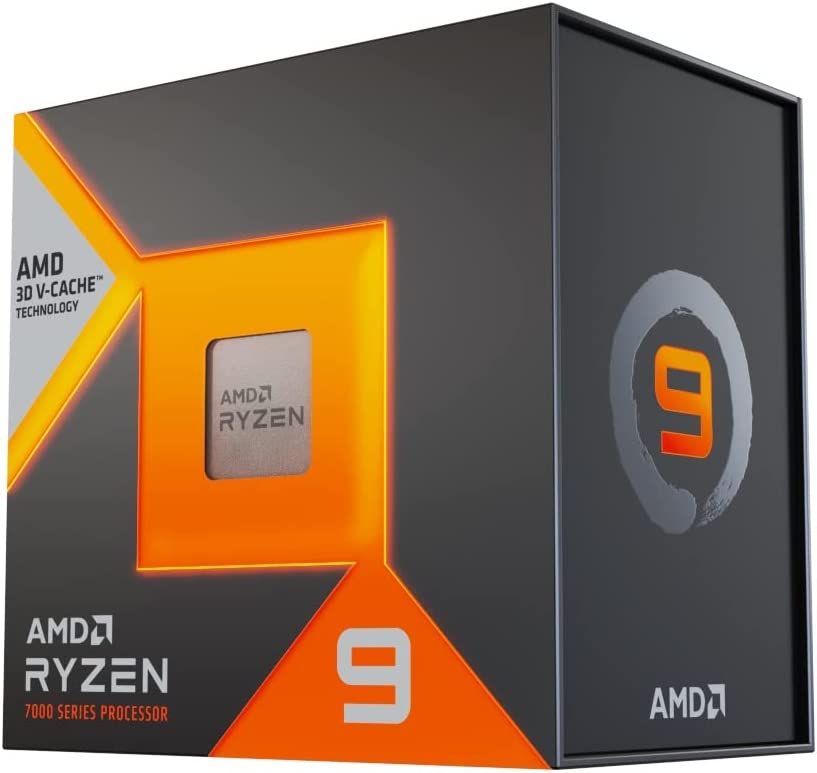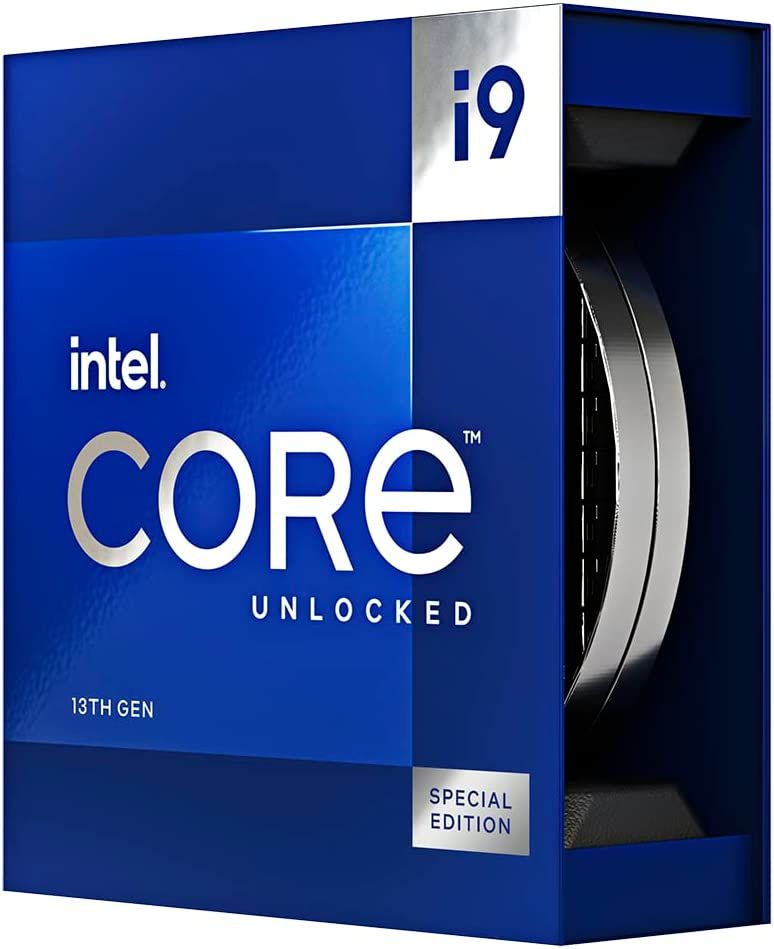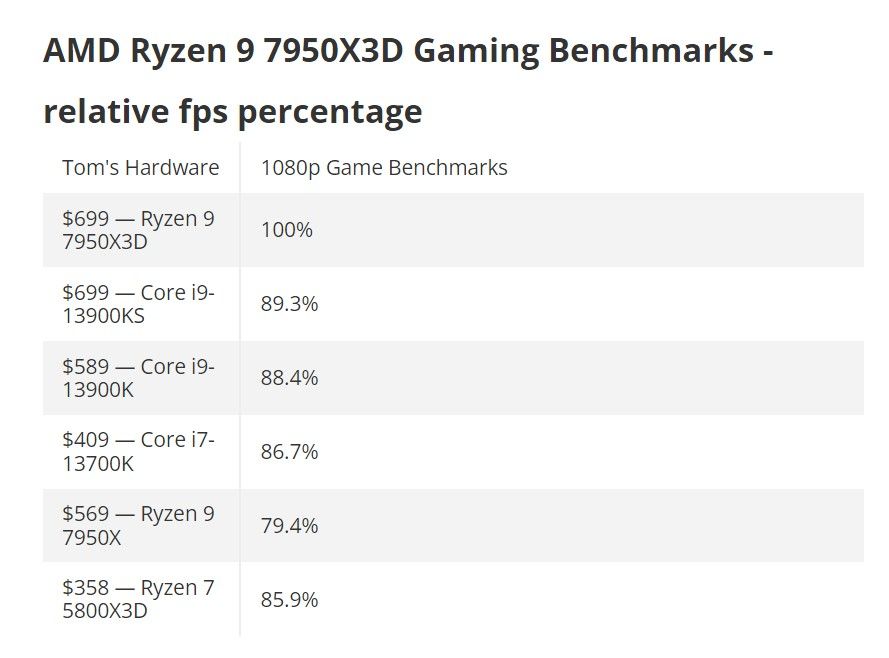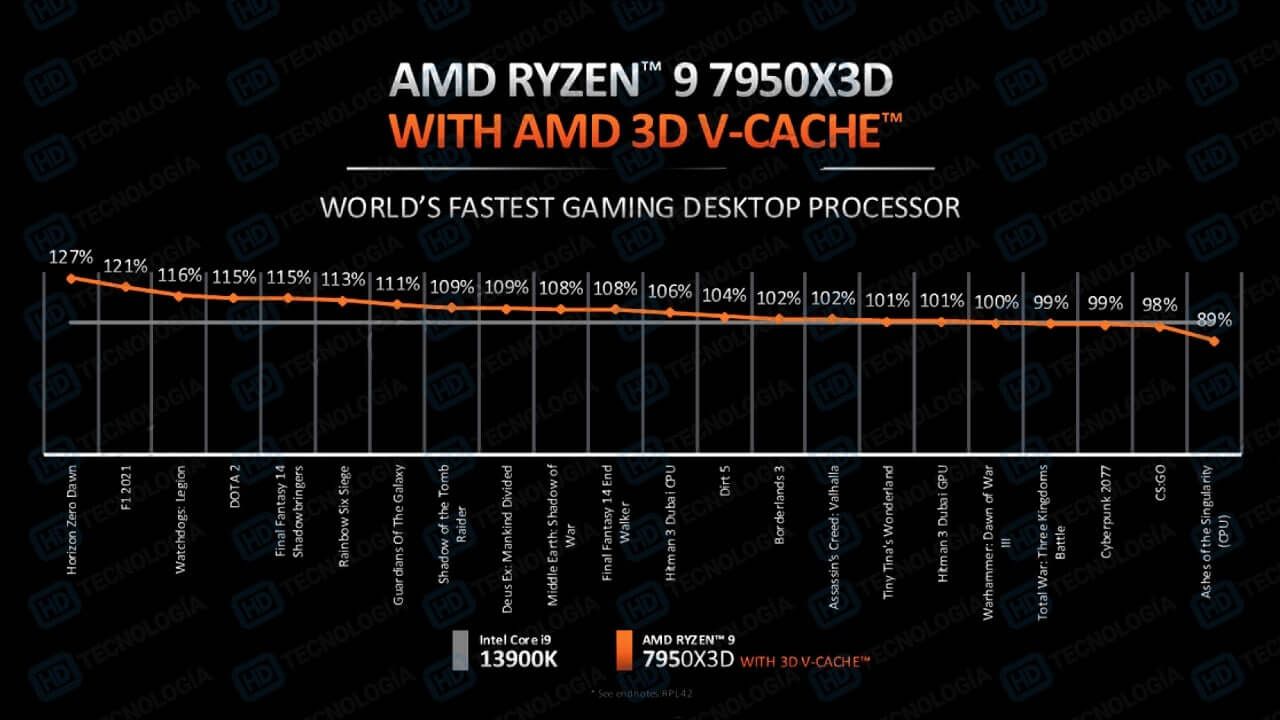When Intel debuted the Core i9 13900KS in January 2023, it was a step up from the Core i9 13900K which was the fastest CPU in the market before that. But Intel might need more than just a better-binned Core i9 chip this time to take on AMD's X3D-enabled onslaught this year.
Its Santa Clara-based neighbor has more than just leveled the playing field; it has comfortably seized the performance crown from its arch-rival while promising over two times the power efficiency of its nearest competing chip via the 3D V-Cache-enabled Ryzen 9 7950X3D.
While one might question why we are reviewing Intel's much less mainstream 13900KS vs the 13900K, it only seems fair to use Intel's best against AMD's latest and greatest offering especially with the 13900KS being sold at a significant premium.
AMD Ryzen™ 9 7950X3D Gaming Processor
The Fastest Desktop Gaming Processor Yet
The AMD Ryzen 9 7950X3D is essentially a 7950X that has stacked 3D V-Cache in tow but given the impressive performance numbers in play when AMD transitioned from the 5800X to the 5800X3D and based on benchmark numbers for its current offering, one can easily forget that fact and treat it as a completely new processor.
The Ryzen 9 7950X3D does come with 2 of the crippling factors that the 5800X3D also had, even if they did not impede performance directly; It comes bundled with a locked multiplier and a lower TJ-Max (max temperature) even as it comes with a lower TDP of 120W, making it an even more efficient version of the 7950X which lead Intel's offerings in that department and significantly so. The former however can be somewhat overcome using an excellent guide by the ScatterBencher team which has already managed to push the processor up to 5.9GHz on the non-3D V-Cache cores (the cache-stacked cores run at 5.25GHz).
Intel® Core™ i9-13900KS Processor
The Fastest 24-Core Processor In the Business
The Intel Core i9 13900KS is Intel's attempt to carve out a little more reliable performance out of an already widely-successful CPU (the Intel Core i9-13900K) but it seems AMD has cut the party short somewhat nearly 1.5 months later as it takes throws in its hat in the ring for gaming performance crown.
The extremely capable 13900K (and the better-binned S) chip is hardly a slouch in any performance department and its 8 performance + 16 efficiency core structure makes mincemeat of most workloads that a desktop processor might have to deal with regularly in real-time. The processor further pushes its power profile to as much as 320W from an already eye-watering 253W in extreme mode, but the processor can even push higher on most Z790 motherboards with relative ease.
Head-To-Head Comparison
On paper, this seems a largely unfair comparison. We are comparing a 24-core (albeit an 8+16 config) processor against a 16-core processor that consumes roughly half the power of the former while the latter clocks 0.3GHz lower in tow but as we learned, Zen 4 is no slouch and AMD's 3D V-Cache stacking experiment with the 5800X3D seems to have been just as successful if not more with the 7950X3D. The only difference is that the 7950X3D can clock to a much more respectable 5.7GHz versus the range-bound 5800X3D which could only push up to 4.5GHz.
The 13900KS does pull ahead in some productivity benchmarks thanks to having more raw horsepower under the hood but the 7950X3D (and the 7950X) generally are nipping at its heels. The situation regarding a clear winner however is a lot less obtuse when it comes to real-world video game performance where the AMD offering firmly places Intel in second place despite its processor being capable of breaching the 6GHz barrier. And given that both CPU offerings do primarily cater to gamers and enthusiasts, that is truly the real benchmark one should be looking at when comparing both processors.
Gaming Performance
While the cat is out of the bag, and we know the 7950X3D is effectively the fastest gaming processor money can buy currently based on what has already been stated above, it does help to quantify the gains that it has in place for video games. While multiple hardware tests have used the 13900K and 13900KS interchangeably, we feel using data that does specifically account for the 13900KS provides a fairer basis for our conclusions.
Source: Tom's Hardware
Based on the empirical data provided by Tom's Hardware, it seems that the Ryzen 9 7950X3D is a home run for the lack of a better word, and with good reason; In the vast majority of the games (extended benchmark lists included), it performed either extremely close to the Core i9-13900KS or built an extensive gain that saw it lead by 10.7% overall in raw FPS at 1080P.
NOTE: While few, if any gamers buying the 7950X3D are expected to game at that resolution, it is easier to benchmark CPU limitations at lower resolutions with the graphics turned down to demonstrate or highlight CPU limitations by making sure that the GPU or other hardware limits do not cause a bottleneck, making it a more equitable test.
Source: AMD Slides
AMD's own benchmarks were done versus the Intel Core i9-13900K instead of the 13900KS and while we feel readers should take cherry-picked benchmarks with a pinch of salt, in this case, AMD has showcased a much wider berth of video game benchmarks and scores including those that do not favor it as extensively as they have done in the past, and we feel more comfortable letting users consider this a relatively fair assessment of AMD's 3D V-Cache enabled games on the 7950X3D.
Efficiency
AMD has no competition in this department, so one can be brief about where it stands in terms of modern processors and efficiency. It absolutely decimates Intel's lineup from the 13700K up when it comes to performance-per-watt and the numbers do not improve as we go toward the top of Intel's power-hungry chips.
AMD's 7950X already beats the 13900K/KS extensively in terms of power draw and the 7950X3D, while it sometimes does offer slightly slower productivity-related benchmark performance, it also further builds AMD's efficiency narrative. All in, there is no contest in the efficiency department as the Zen 4 cores overwhelmingly make short work of their competing, power-hungry Alder Lake competition.
Value Proposition & Conclusion
Both the 13900KS and the 7950X3D are a hard sell given the price point they trade ($700 MSRP) at but if one is insistent, the AMD offering is a superior overall pick. This advantage becomes far more pronounced when you intend to game primarily; AMD's 7950X3D is coming hot off the heels of a very successful 5800X3D processor that has held Intel's CPU offerings at bay for most of 2020 and 2021 with relative ease.
The 7950X3D is expected to do no less. If you are on the fence, keep an eye out for the AMD 7800X3D which is expected to further even the odds in terms of pricing and value for money when it comes to AMD's offerings.
All in, if you are on the fence and can splurge the $700 needed to get the best processor money can buy for gaming, the 7950X3D currently has no direct competitors from Intel until the 14th generation, Intel chips show up, this status quo might not change for the foreseeable future with the 7800X3D only expected to make the market much more competitive in the coming days.
FAQ
Q: What is the fastest processor for gaming in 2023?
Hands down, the AMD Ryzen 9 7950X3D has the honor of being the fastest CPU for gaming in 2023 to date.
Q: What does the AMD Ryzen 9 7950X3D currently cost?
The AMD Ryzen 9 7950X3D has an MSRP of $700. It is however expected to be scalped much like most high-end tech products and can be purchased at a premium on 3rd party marketplaces while it remains sold out at most official dealers at normal retail prices.
Q: Is the Ryzen 9 7950X3D more efficient than the Core i9 13900K?
In a nutshell, yes. Gaming and productivity benchmarks see the 7950X3D build onto the lead of its predecessor, the 7950X by limiting power consumption even as it considerably leaders in the former and often goes neck and neck for the latter.

